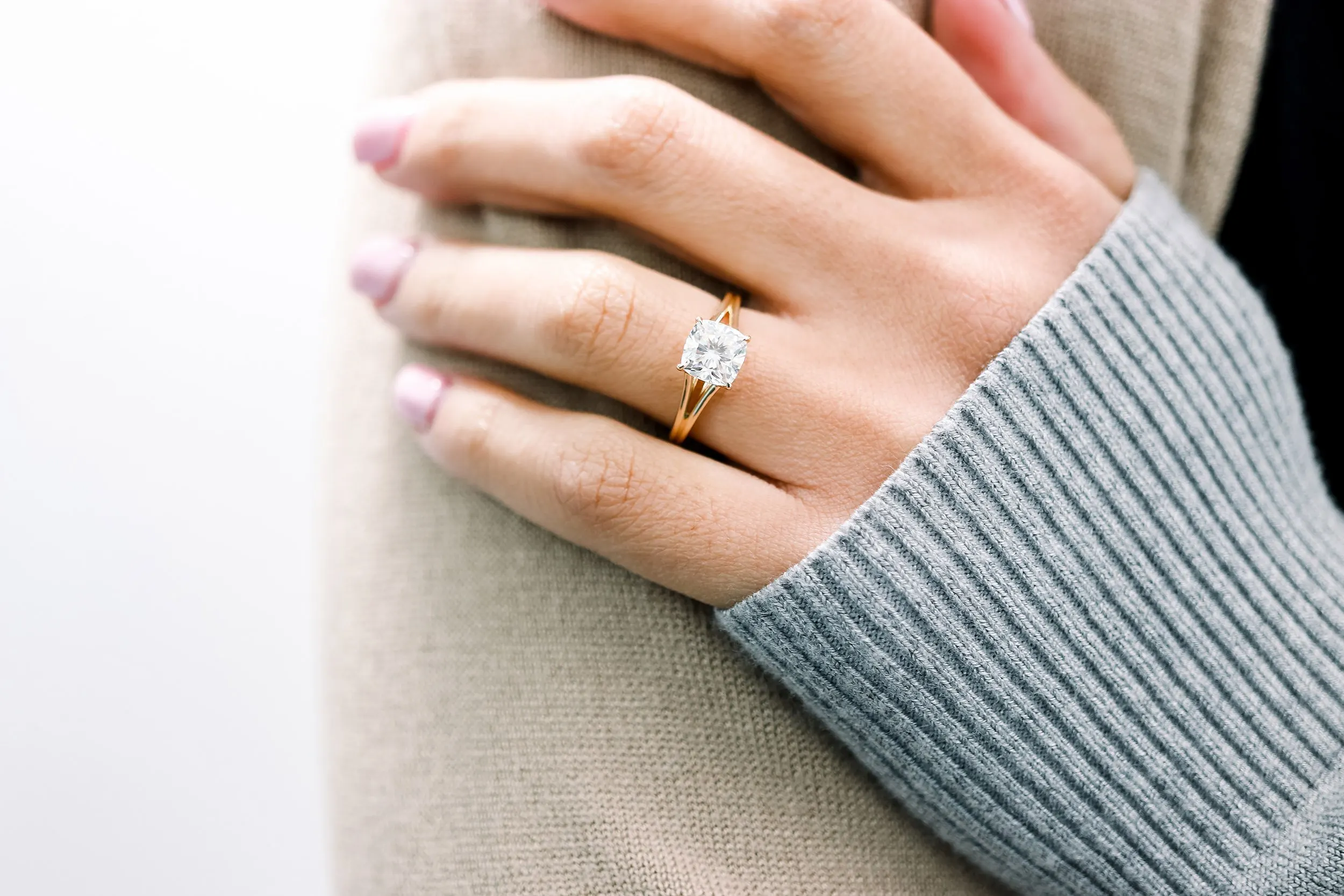Table of Contents
Introduction
What are lab grown engagement rings? In recent years, there has been a surge in popularity for these alternative gemstones. But what exactly sets them apart, and why are more couples opting for them over traditional natural diamonds? Let’s dive into the world of lab-grown engagement rings and uncover the myriad benefits they offer.
Benefits of Lab Grown Rings
When it comes to choosing an engagement ring, many factors come into play. One of the key advantages of lab grown rings is their eco-friendliness. Unlike traditional mining methods, which can have a significant environmental impact, lab-grown diamonds are created in controlled environments using sustainable practices. This means less disruption to ecosystems and fewer carbon emissions, making them a greener choice for environmentally-conscious couples.
Moreover, lab grown rings are ethically sourced. The diamond industry has long been plagued by issues such as child labor and conflict mining. By opting for lab grown diamonds, couples can rest assured that their ring has been produced ethically, without any harm to human lives or communities.
In addition to being eco-friendly and ethical, lab grown engagement rings are also cost-effective. Traditional diamonds can come with a hefty price tag due to factors such as rarity and market demand. However, lab-grown diamonds are typically more affordable, allowing couples to get a larger or higher quality stone for their budget.
Quality and Durability
But what about the quality and durability of lab grown diamonds compared to their natural counterparts? Contrary to common misconceptions, lab-grown diamonds are virtually indistinguishable from natural diamonds to the naked eye. They possess the same chemical and physical properties, including hardness and brilliance.
When it comes to assessing the quality of a diamond, the 4Cs—cut, color, clarity, and carat weight—still apply. Lab grown diamonds are graded using the same criteria as natural diamonds, ensuring that consumers can make informed decisions about their purchase.
In terms of durability, lab grown diamonds are equally as robust as natural diamonds. They are designed to withstand everyday wear and tear, making them an excellent choice for engagement rings that will be worn daily.
Customization Options
Another appealing aspect of lab grown engagement rings is the level of customization they offer. With traditional diamonds, couples are often limited to the stones available in jewelry stores. However, with lab grown diamonds, the possibilities are endless.
From choosing the perfect diamond shape and size to selecting the metal for the setting, couples can create a ring that truly reflects their unique style and preferences. Whether they prefer a classic solitaire or a more intricate halo design, the flexibility of lab-grown diamonds allows them to bring their vision to life.
Popularity and Trends
The popularity of lab grown engagement rings has been steadily on the rise in recent years, driven by various factors. Celebrities and influencers have played a significant role in popularizing lab created diamonds, with many opting for them over traditional stones.
Moreover, the rise of social media has made it easier for couples to discover and explore alternative options for their engagement rings. Platforms like Instagram and Pinterest are filled with stunning examples of lab-grown diamond rings, inspiring others to follow suit.
Misconceptions and Myths
Despite their growing popularity, lab grown engagement rings are not without their misconceptions and myths. One common concern is the perceived lack of quality and value compared to natural diamonds. However, as mentioned earlier, lab-grown diamonds are chemically and physically identical to natural diamonds, offering the same level of beauty and brilliance.
Another myth surrounding lab-grown diamonds is that they are not as durable as natural diamonds. In reality, lab-grown diamonds undergo the same rigorous testing and quality control measures as natural diamonds, ensuring that they meet the highest standards of durability and longevity.
Certifications and Assurance
To provide consumers with peace of mind, reputable lab-grown diamond retailers often offer certifications from recognized organizations. These certifications guarantee the authenticity and quality of the diamonds, providing assurance that they are indeed lab-grown and not synthetic imitations.
Additionally, many retailers offer warranties and return policies to protect consumers in case of any issues with their purchase. This added assurance gives couples the confidence to choose lab-grown diamonds for their engagement rings.
Shopping Tips
When shopping for a lab-grown engagement ring, it’s essential to do your research and choose a reputable retailer. Look for retailers that are transparent about their sourcing and manufacturing processes and ask questions about their certifications and warranties.
Reading customer reviews can also provide valuable insights into the quality and service provided by a retailer. Take the time to read feedback from other customers to ensure that you’re making an informed decision.
Maintenance and Care
Once you’ve chosen the perfect lab grown engagement ring, it’s essential to take proper care of it to ensure its longevity and beauty. Regular cleaning and storage can help prevent dirt and oil buildup, keeping your ring looking its best.
It’s also a good idea to have your ring professionally inspected periodically to check for any signs of wear or damage. This will allow you to address any issues early on and prevent further damage to your ring.
Future Outlook
As technology continues to advance, the future looks bright for lab grown diamonds. With ongoing innovations in diamond-growing techniques and increased consumer awareness, the market for lab grown engagement rings is expected to continue growing.




